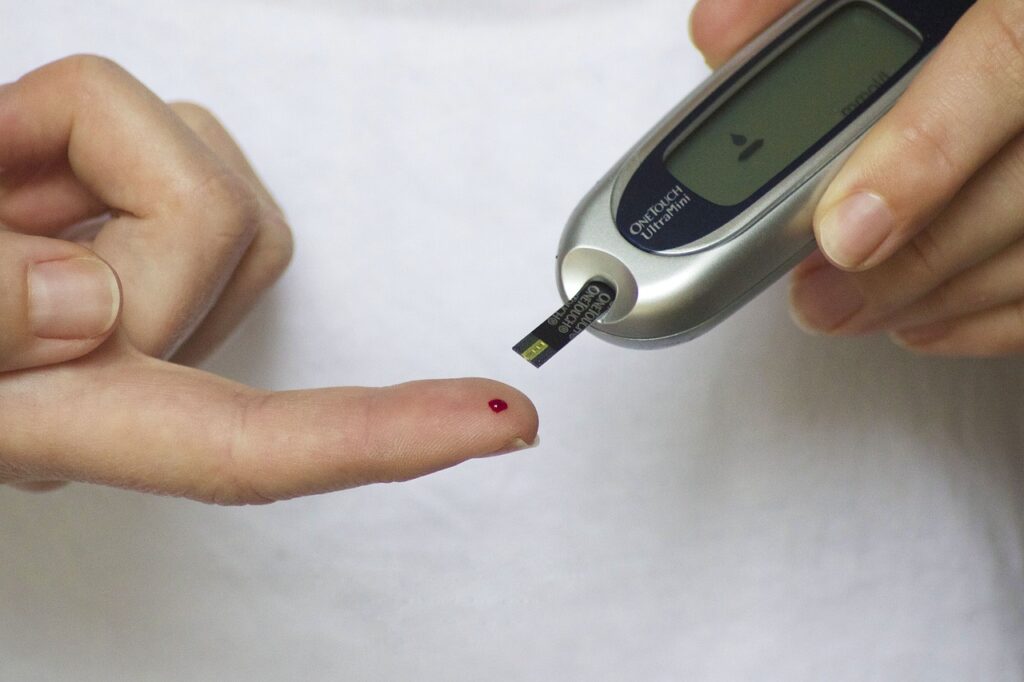Diabetic Issues and Treatment
Diabetes is a chronic condition that affects millions of people worldwide. It can be a very challenging illness to manage, and it requires constant attention to keep it under control. For those with diabetes, every day brings new challenges and obstacles to overcome. But the good news is that there are many effective treatments available today that can help you live a healthy and fulfilling life despite your diagnosis. In this blog post, we’ll explore what diabetes is, the different types of diabetes, common symptoms to watch out for, and how TruCare Urgent Care can help manage diabetic issues effectively.
What is diabetes?
Diabetes is a metabolic disorder that affects the way your body processes blood sugar, also known as glucose. When you eat food, your body breaks down carbohydrates into glucose, which then enters the bloodstream to provide energy for cells throughout the body.
To regulate blood sugar levels, the pancreas produces insulin – a hormone that helps transport glucose from the bloodstream to cells where it can be used for energy. However, in people with diabetes, this process doesn’t work properly.
In type 1 diabetes (T1D), the immune system mistakenly attacks and destroys insulin-producing cells in the pancreas. As a result, people with T1D must take regular injections of insulin to manage their blood sugar levels.
Type 2 diabetes (T2D) is more common and occurs when your body becomes resistant to insulin or doesn’t produce enough of it. This results in high blood sugar levels over time.
There’s also gestational diabetes which occurs during pregnancy and prediabetes which means having higher than normal blood sugar levels but not high enough to be diagnosed as T2D.
If left untreated or poorly managed, diabetes can lead to serious health complications such as heart disease and nerve damage. That’s why early detection and proper treatment are essential for maintaining good health with this condition.
Types of diabetes
There are three main types of diabetes: type 1, type 2, and gestational diabetes. Each type has different causes and risk factors.
Type 1 diabetes is an autoimmune disease in which the body’s immune system attacks and destroys insulin-producing cells in the pancreas. This results in a lack of insulin production, leading to high blood sugar levels.
Type 2 diabetes is the most common form of diabetes and occurs when the body becomes resistant to insulin or doesn’t produce enough of it. It is often linked with lifestyle factors such as obesity, physical inactivity, and poor diet.
Gestational diabetes develops during pregnancy and usually goes away after delivery. Women who have had gestational diabetes are at increased risk for developing type 2 later on.
It’s important to know which type of diabetes you have so that you can manage it effectively. Treatment options vary depending on the type of diabetes, but may include medication, lifestyle changes (such as diet and exercise), monitoring blood sugar levels regularly, and insulin therapy if necessary.
Symptoms of diabetes
Diabetes is a condition where the body either doesn’t produce enough insulin or cannot properly use it. Symptoms of diabetes vary depending on the type of diabetes and can be subtle at first.
For those with type 1 diabetes, symptoms may appear suddenly and include increased thirst, frequent urination, extreme hunger, unexplained weight loss, fatigue and irritability. These symptoms are caused by high blood sugar levels in the body.
On the other hand, for those with type 2 diabetes (the most common form), symptoms may develop gradually over time. Some early warning signs to look out for include frequent infections or slow-healing wounds and blurred vision. Other signs that you might have developed this chronic disease include numbness or tingling in your hands or feet as well as dry mouth.
It’s important to note that some people with type 2 diabetes do not experience any symptoms until it has progressed quite far along – making regular check-ups an essential part of maintaining optimal health.
If you’re experiencing any of these symptoms and suspect you may have developed diabetes – consider scheduling an appointment with TruCare Urgent Care today.
How to treat diabetes
Managing diabetes can be a lifelong journey, but with the right treatment plan, it is possible to live a healthy and fulfilling life. Whether you have been recently diagnosed or have been living with diabetes for years, TruCare Urgent Care has expert medical professionals who can help guide you through your treatment options and provide support every step of the way.
Remember that early detection and management are key in preventing complications associated with diabetes. So if you experience any symptoms or risk factors associated with this condition, don’t wait – visit TruCare Urgent Care today to receive the care and attention you need to stay healthy.


